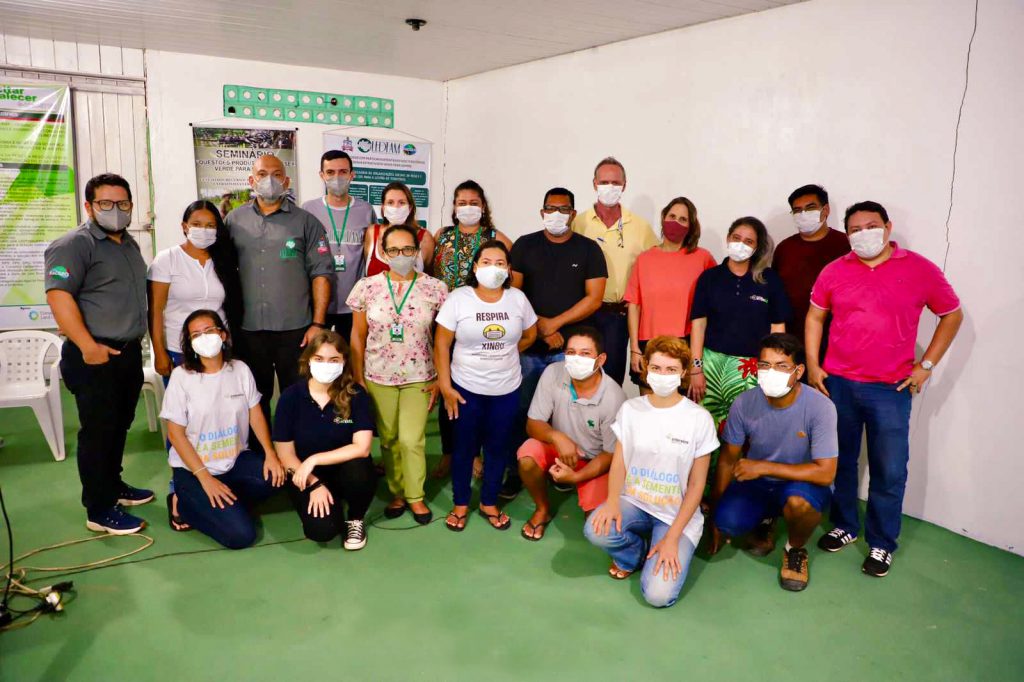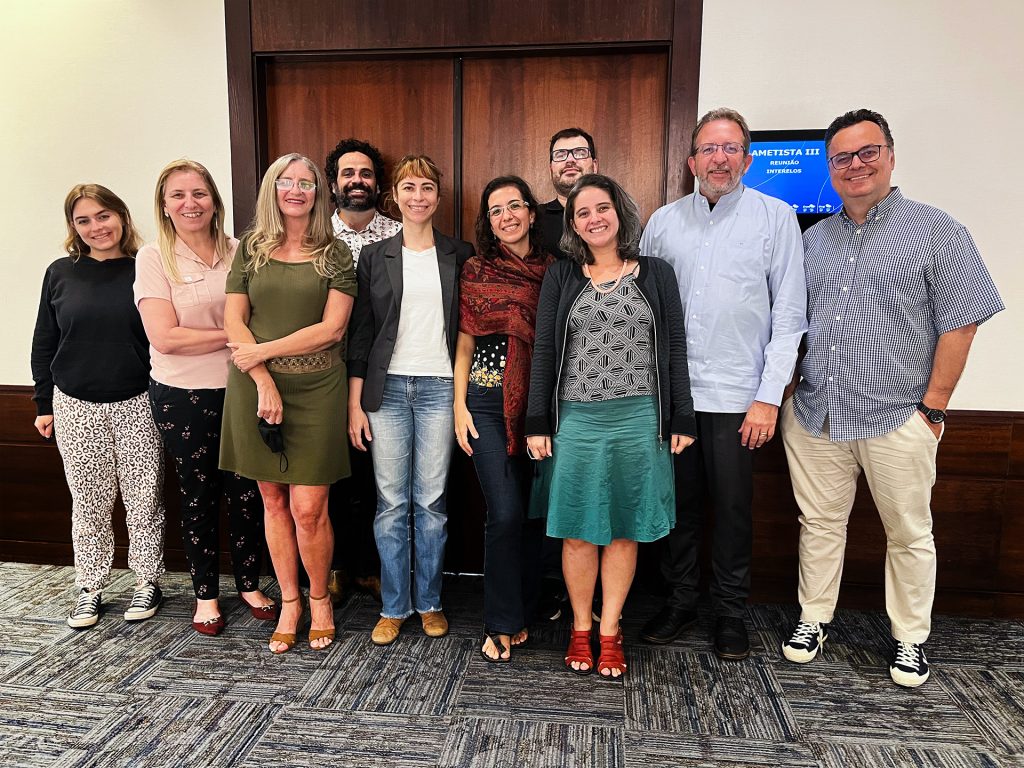Long-term technical study defines value chains alternatives to logging in the amazon region
The expansion of sustainable economic activities in the Resex Verde para Sempre (RVPS) is the subject of a study that has been developed by the socio-environmental team of Instituto Interelos. The largest Extractive Reserve in Brazil is located in the municipality of Porto de Moz, in Pará, and has already been the scene of major conflicts between the local community and loggers. Even with pressure from environmental movements and organizations, the region still suffers from the expansion of illegal deforestation. According to SAD (Deforestation Alert System), in January 2022 there was an increase of 33% of deforestation in the Legal Amazon compared to January last year, there are 261 kilometers of degraded forest.
In order to create profitable alternatives for local communities, the study reaches its final stage after several visits to the territory, always marked by debates and dialogues between local and active actors in the territory, members of the Sustainable Development Council (CDS) of Resex and socio-environmental technicians from Interelos. After collecting preliminary data and mapping local potential throughout 2021, two meetings were held in January this year at the CDS headquarters in Porto de Moz, where market studies were presented on five production chains with exploration potential in the Resex : açaí, fish, Brazil nut, certified timber, and vegetable oils (Andiroba and Pracaxi), as well as group dynamics to select two production chains for the development of the respective business plans.

In these meetings, CDS members and community members, with the technical support of the Interelos Institute, chose the fish and açaí chains for deepening and developing the business plans. They also received initial guidance on the steps involved in the development process of the two production chains, cost estimates, actors involved, necessary investments, among other fundamental information.
With this in mind, the team carried out an immersion activity between the 8th and 11th of February, in São Paulo, where professionals met to systematize the data collected during the development of the project and jointly prepare the report together with the business plans of the açaí and fish chains.
Daniella Rabello, socio-environmental consultant at the Interelos Institute, believes that this type of meeting strengthens the institute's work methodology and congratulates the initiative, concluding that "its benefits go beyond those it proposes to solve, bringing oxygen and productivity that can only be found in face-to-face teamwork.”
The conclusion of this stage marks the beginning of a new moment in the Resex Verde para Sempre, characterized by a proposal for the continuity of the project, which includes a detailed budget and a strategic action plan to promote the development of these two mentioned production chains. This proposal aims to implement production processes with less environmental impact and, most importantly, to engage communities in long-term joint work.

